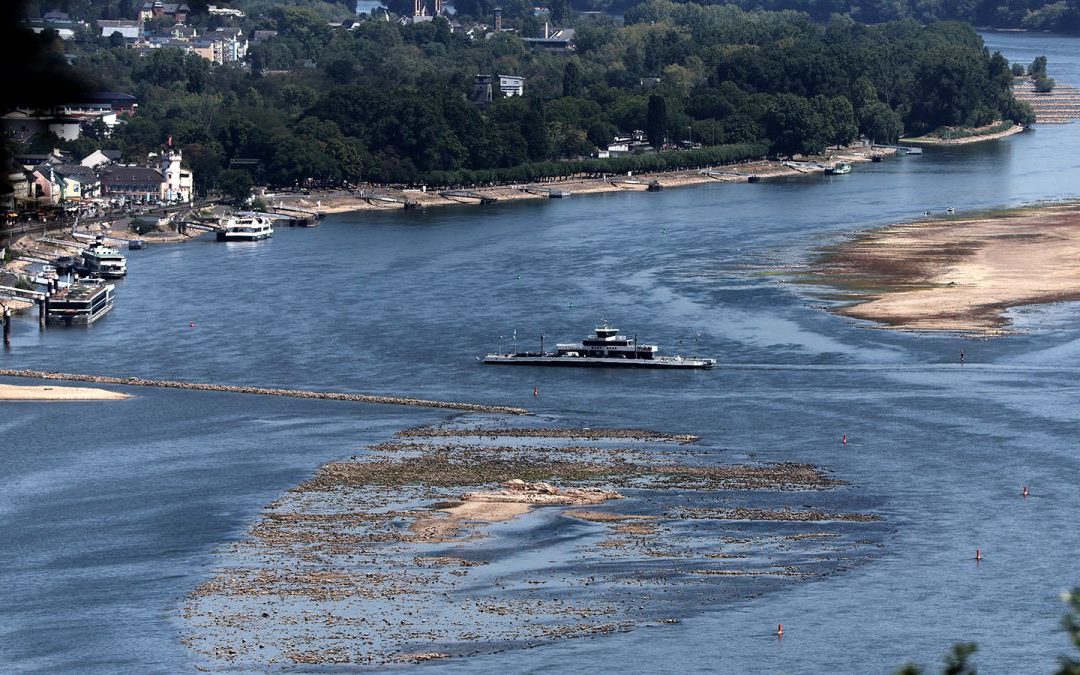Yesterday, the government minister informed the Cabinet that the decision has been taken to prioritise the modalities of hydrogen and CO2 forthe scope of the Delta Rhine Corridor (DRC). The Port of Rotterdam Authority is pleased with the government minister’s decision, given the importance of constructing the pipelines for hydrogen and CO2 as soon as possible. The decision is of great importance for the industry to achieve its goals of becoming sustainable.
Boudewijn Siemons, CEO of Port of Rotterdam Authority: ‘This is a very important decision for the industrial clusters in Rotterdam, the Netherlands, Germany and Northwest Europe. It underlines the urgency of offering the industry a future. Infrastructure precedes the investments in sustainability. It is excellent that this clarity has been provided.’
The current scope for hydrogen and CO2 creates certainty for the modalities that must be achieved the fastest. This will allow the hydrogen and CO2 pipelines to be implemented according to a clear timetable, with completion scheduled for 2031-2032 for hydrogen and 2032-2033 for CO2. We will continue to work with stakeholders to accelerate where possible. The hydrogen pipeline needs to be constructed quickly to get the hydrogen market going. It is important news for companies currently considering investing in the production, storage and/or purchase of hydrogen. The construction of the CO2 pipeline is not only important for Rotterdam but also for other industrial clusters in the Netherlands, Germany and Northwest Europe. The pipeline can contribute to the development of CO2 storage in empty gas fields under the North Sea.
All infrastructure for energy flows is urgently needed. The Port of Rotterdam Authority also sees the necessity of the development the direct current cables, which are currently outside this project, and will be happy to help identify alternative routes.
The plans for the construction of this pipeline bundle started in 2021 with a feasibility study into the construction of four new pipelines between Rotterdam, Chemelot and North Rhine-Westphalia for transporting C4-LPG, propene, hydrogen and CO2. Other modalities were later researched for the construction in the pipeline corridor running between the west to east of the Netherlands, including the hydrogen carrier ammonia. This pipeline falls outside the current scope at this time. Planning for any later construction will continue and depends on further research. The State will continue to be involved in the management and optimal use of the pipeline bundle.
Source: Port of Rotterdam





